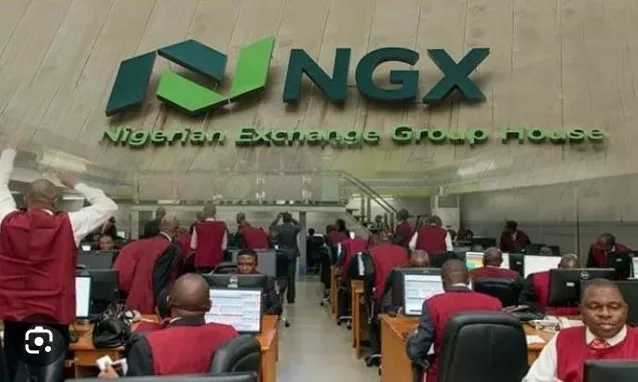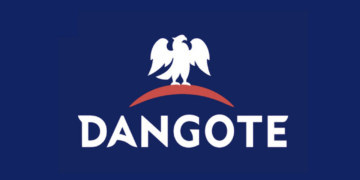The Nigerian Exchange Limited (NGX) has urged the nation’s maritime and blue economy sector to leverage blue bonds and other innovative financing tools to raise long-term capital from the capital market.
Speaking at the third quarter Citizens’ and Stakeholders’ Engagement of the Ministry of Marine and Blue Economy in Lagos, the chief executive officer of NGX, Jude Chiemeka, said the move would unlock billions of dollars for infrastructure development.
Chiemeka said the blue bonds could be issued through structured programmes and listed on the Exchange to attract private and institutional investors.
According to him, Nigeria’s 853-kilometre coastline and extensive inland waterways represent multi-billion-dollar opportunities in fisheries, aquaculture, ports, shipping, offshore energy, and tourism. He said the sector could significantly boost GDP, create millions of jobs, and expand foreign exchange earnings with the right financing.
He argued that Nigeria’s 853km coastline and rich waterways represent multi-billion-dollar opportunities in fisheries, aquaculture, ports, shipping, offshore energy, and tourism, adding that a well-managed blue economy can significantly boost GDP, create millions of jobs, and strengthen foreign exchange earnings.
“Nigeria’s Blue Economy has the potential to contribute significantly to the country’s economy. Alternative sustainable financing is the key to moving Nigeria’s marine and blue economy policy into impact. With innovative instruments like blue bonds, blended finance, and thematic instruments, the Ministry can mobilise billions in new capital,” he said.
However, he said the nation’s marine and blue economy sector required $10 billion over the next decade to restore mangroves and wetlands, modernise ports and logistics, expand aquaculture and cold-chain facilities, and upgrade wastewater and pollution control systems.
He added that the current budget allocation is far below the required scale to spur development in the sector.
Meanwhile, he said the Ministry’s revenue grew impressively year-on-year by over 98 per cent (N700 billion to N1.39 trillion between 2023 and 2024), and mobilising private and institutional capital remains essential to fully realising developmental aspirations.
He stated that NGX stands ready to partner with the Ministry to operationalise these instruments and create a financing transformation for Nigeria’s marine future.
“Together, we can move from Policy to Impact, financing the future of Nigeria’s marine and blue economy,” he added.
He pointed out that blue (or thematic) bonds reduce the project funding cost compared to bank loans. He said this offers institutional investors an opportunity to participate in infrastructure projects through listed, tradable securities that can offer superior risk-adjusted returns.
“Blended finance works by using public or philanthropic funds (concessional capital) to catalyse private sector investment in projects that contribute to sustainable development but may not otherwise attract commercial funding due to high perceived risks or low returns.
“This approach has been implemented across various sectors, focusing on infrastructure, energy, and financial services in developing countries. Suitable for capital-intensive projects, e.g. Port modernisation, wastewater treatment plants, aquaculture hubs, cold-chain logistics for fisheries. Enables Nigerian pension funds and banks to participate in blue economy financing with reduced risk,” he explained.





